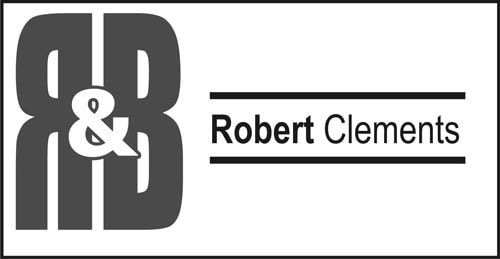She was young and her eyes blazed with excitement and joy as she looked at me, “I’ve got a first class with distinction,” she said. “Congratulations!” I said and hugged her. I looked at her and remembered the same face streaked with tears two years ago as she learned she had failed a semester; not for lack of academic prowess but for not completing her projects in time.
It had been a bitter blow and to compound it she had not been able to go onto the next year with her friends and classmates. I had watched anxiously as she struggled with different emotions for over a month and then bit by bit she found a new strength. Today her face glowed with happiness. “How do you feel?” I asked simply. “Happy,” she said. “But now I’ll always understand someone who fails or is going through a rough patch. Never will I call that person a loser!”
One man was annoyed at his sentimental wife’s constant sniffling as she watched a touching movie on the television. “For goodness’ sake,” he scolded, “why is it you cry about the imaginary woes of people you’ve never met?” “For the same reason you yell and scream when a man you don’t know scores a goal!” she said.
That reason, of course, is that they identify with the person or the event. The word “identify” originally comes from the Latin root “idem,” which means “same.” When we identify with someone, we fell the same sadness or ecstasy the other feels and we understand another’s plight. A nurse spoke about how she acquired this valuable trait: “I was a registered nurse for quite a few years. I always thought of myself as an empathetic person, somebody who was able to reach out and understand what someone else was going through. Then I was diagnosed with cancer and realized I never really knew the true meaning of the word “empathy.” “Unfortunately, it sometimes has to be learned and not taught..!”
“I found out just how much even a smile means to someone who is sick and so scared about what is happening in their life. Because of my cancer I found out how much it means to have someone take a few minutes and be friendly and just talk…I hate the disease, but it has taught me much!” This woman had worked compassionately and professionally for years, but now there is a whole new dimension in her dealing with patients. She identifies with them. She knows how they must feel and re-sponds differently. And she has become a better nurse and person because of it.
You may never treat hospital patients, but is there anyone in your life who would benefit from your abil-ity to identify with their pleasures or their pains, their wild dreams or dashed hopes? I looked back at her smiling face and thanked a God above: Failure had built a life time of empathy..!









